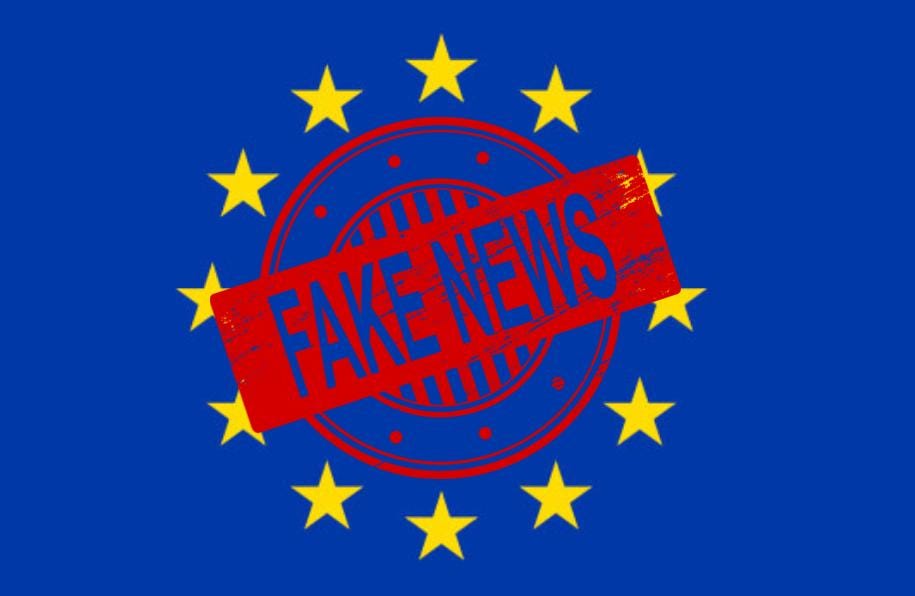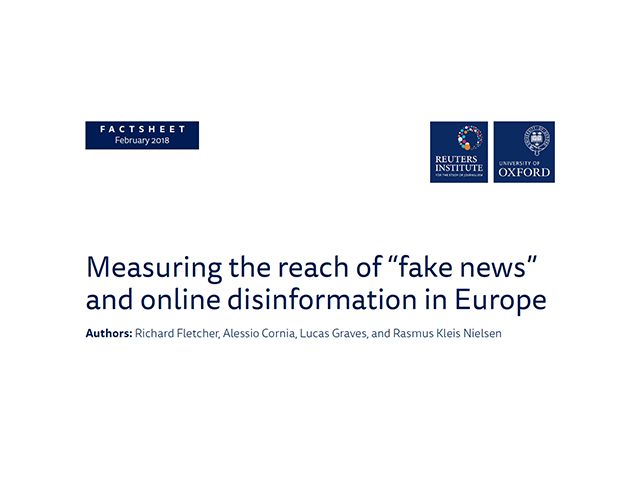
The European Commission sets out its views on the challenges associated with disinformation online.
Yesterday, the European Commission published “Tackling online disinformation: a European approach,” an official document — sent to the European Parliament, the EU Council, the EU Economic and Social Committee, and the Committee of the Regions — that sets out the views of the governing body of the EU on the challenges associated with disinformation online.
The document “outlines the key overarching principles and objectives which should guide actions to raise public awareness about disinformation and tackle the phenomenon effectively, as well as the specific measures which the Commission intends to take in this regard,” writes the EU Commission after taking into account extensive consultations with citizens and stakeholders.
“The Commission set up in late 2017 a High-Level Expert Group to advise on this matter,” explains the Commission. “The Group delivered its report on 12 March 2018. The Commission also launched a broad public consultation process, comprising online questionnaires that received 2,986 replies, structured dialogues with relevant stakeholders, and a Eurobarometer opinion poll covering all 28 Member States.”
The Commission’s document enphasizes how “The exposure of citizens to large scale disinformation, including misleading or outright false information, is a major challenge for Europe.”
It continues: “Today, the Internet has not only vastly increased the volume and variety of news available to citizens but has also profoundly changed the ways citizens access and engage with news. Younger users, in particular, now turn to online media as their main source of information. The easy availability of diverse quality information has the potential to make democratic processes more participatory and inclusive.”
But it points out how “new technologies can be used, notably through social media, to disseminate disinformation on a scale and with speed and precision of targeting that is unprecedented, creating personalized information spheres and becoming powerful echo chambers for disinformation campaigns.”
The document explains that “given the complexity of the matter and the fast pace of developments in the digital environment, the Commission considers that any policy response should be comprehensive, continuously assess the phenomenon of disinformation, and adjust policy objectives in light of its evolution.”
It sets out four principles to operate under on how to tackle disinformation:
- improve transparency regarding the origin of information and the way it is produced, sponsored, disseminated and targeted in order to enable citizens to assess the content they access online and to reveal possible attempts to manipulate opinion.
- promote diversity of information, in order to enable citizens to make informed decisions based on critical thinking, through support to high quality journalism, media literacy, and the rebalancing of the relation between information creators and distributors.
- foster credibility of information by providing an indication of its trustworthiness, notably with the help of trusted flaggers, and by improving traceability of information and authentication of influential information providers;
- fashion inclusive solutions: effective long-term solutions require awareness-raising, more media literacy, broad stakeholder involvement and the cooperation of public authorities, online platforms, advertisers, trusted flaggers, journalists and media groups.
The Commission concluded that “a well-functioning, free, and pluralistic information ecosystem, based on high professional standards, is indispensable to a healthy democratic debate.”
The Commission is attentive to the threats posed by disinformation for our open and democratic societies.
The Commission also called on “all relevant players to significantly step up their efforts to address the problem adequately” and by December 2018, the Commission will report on progress made.













